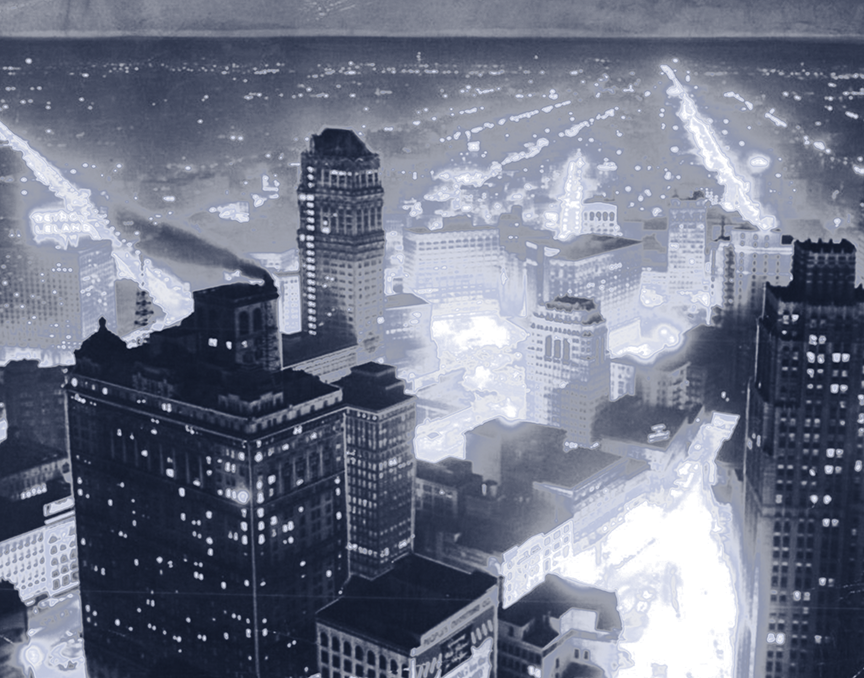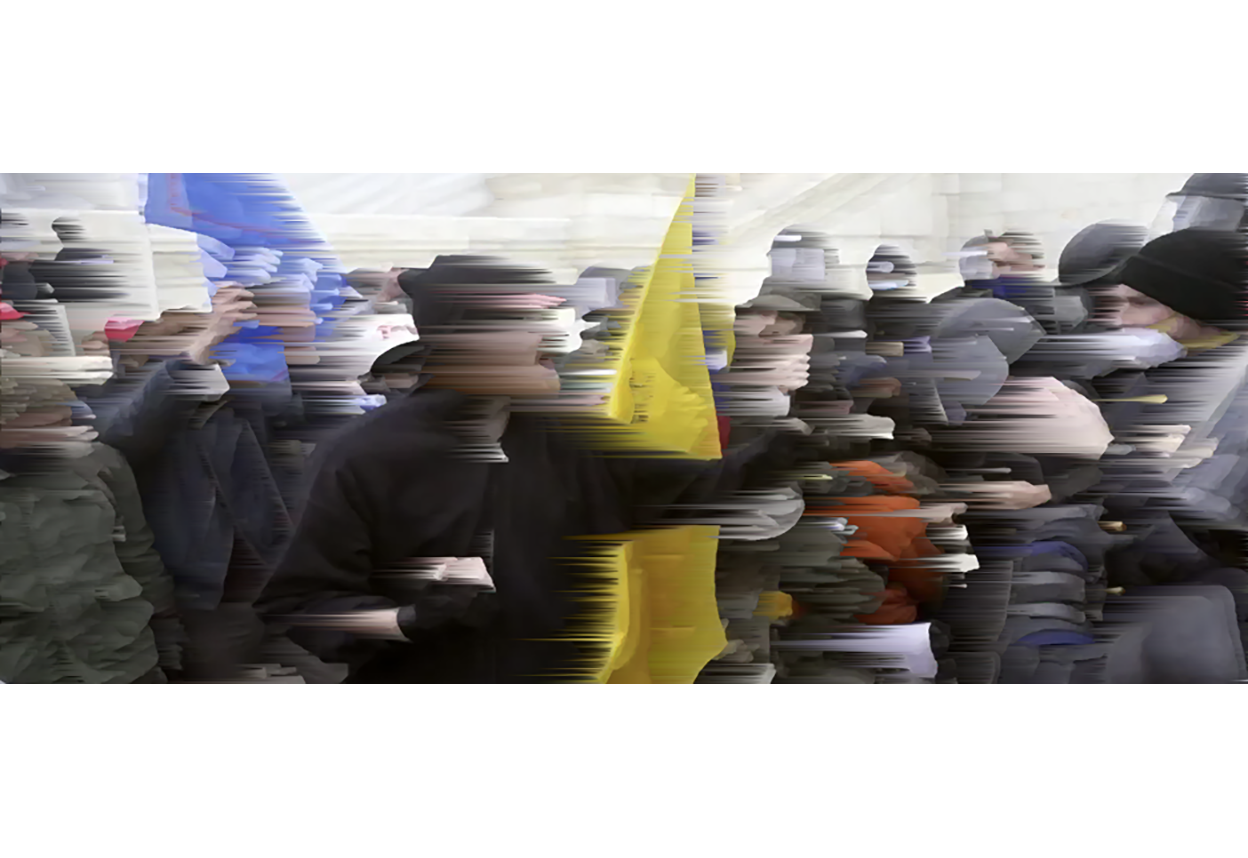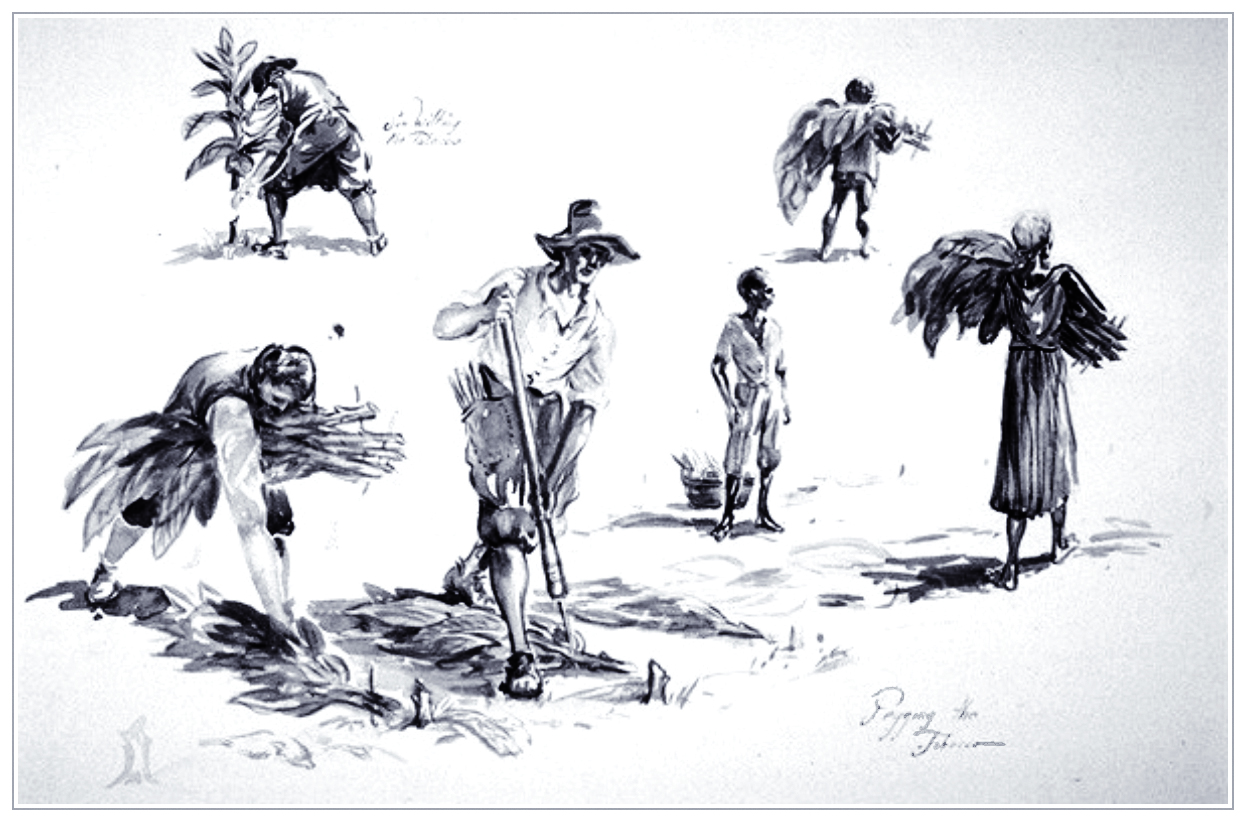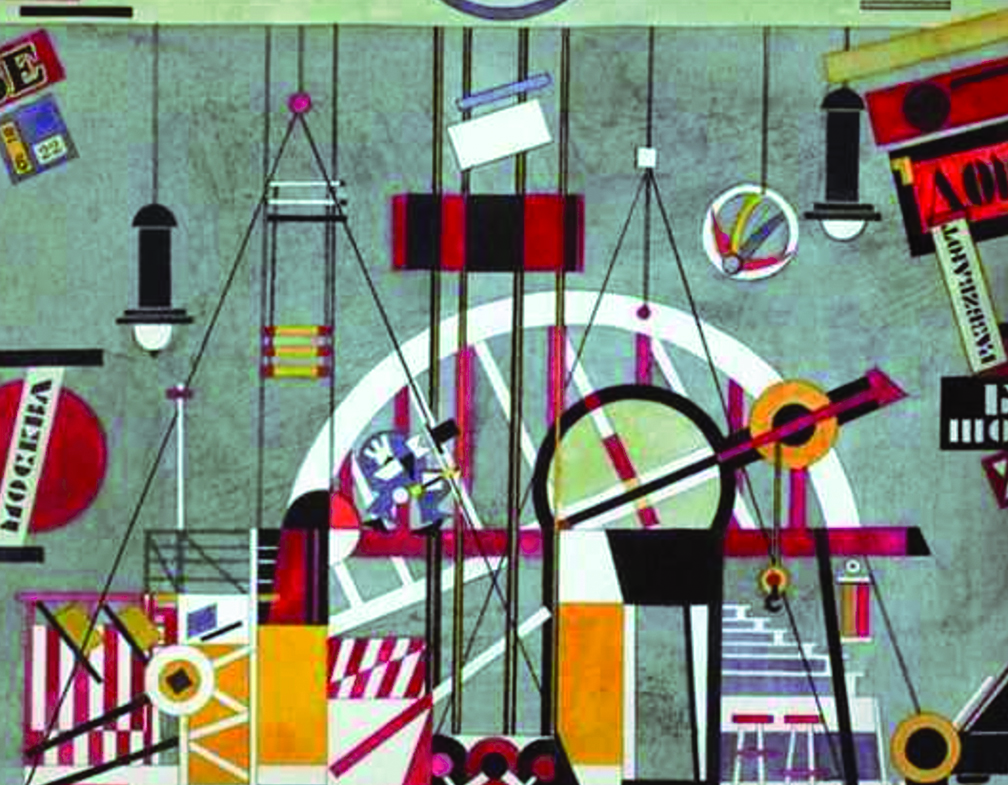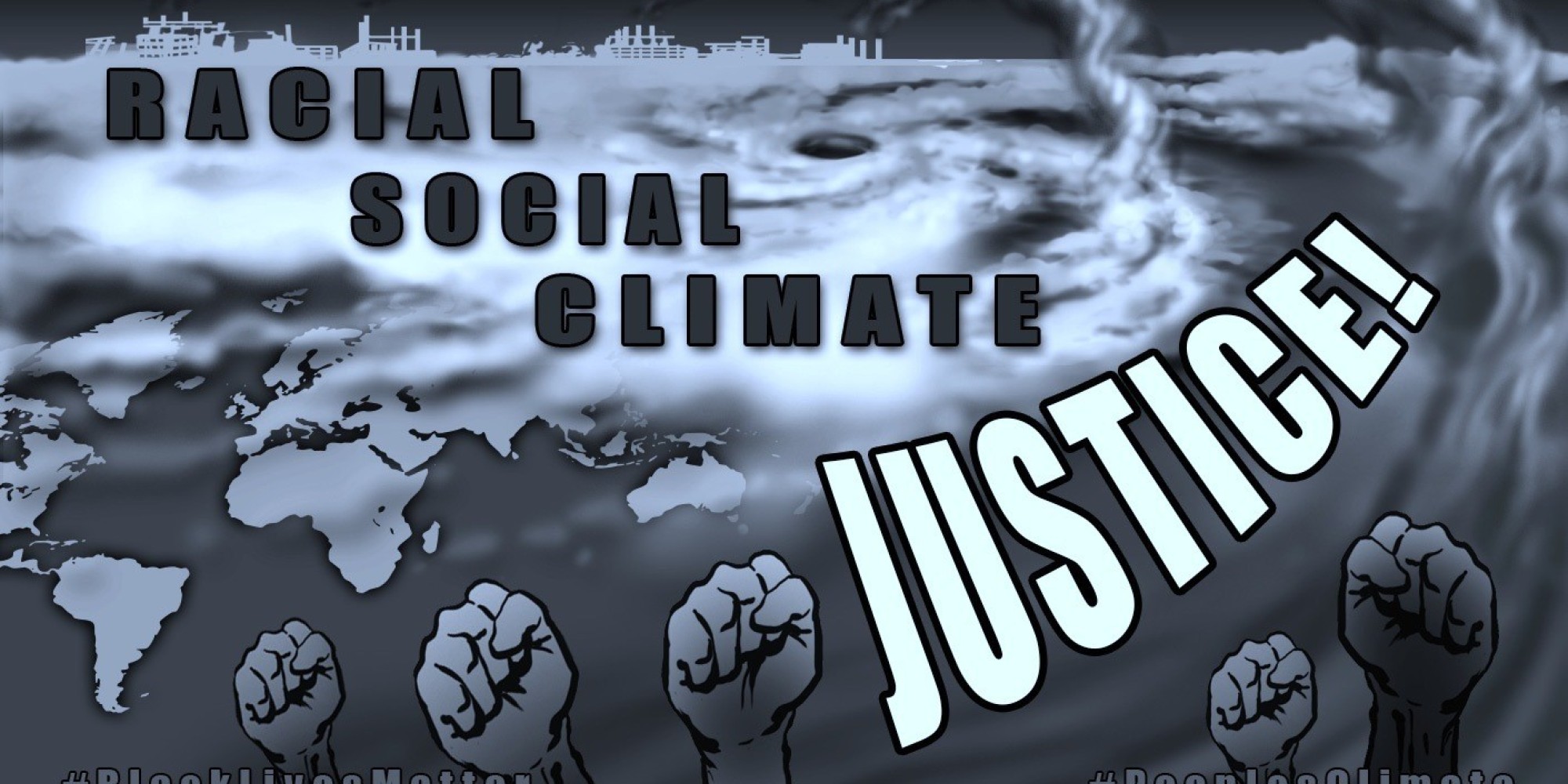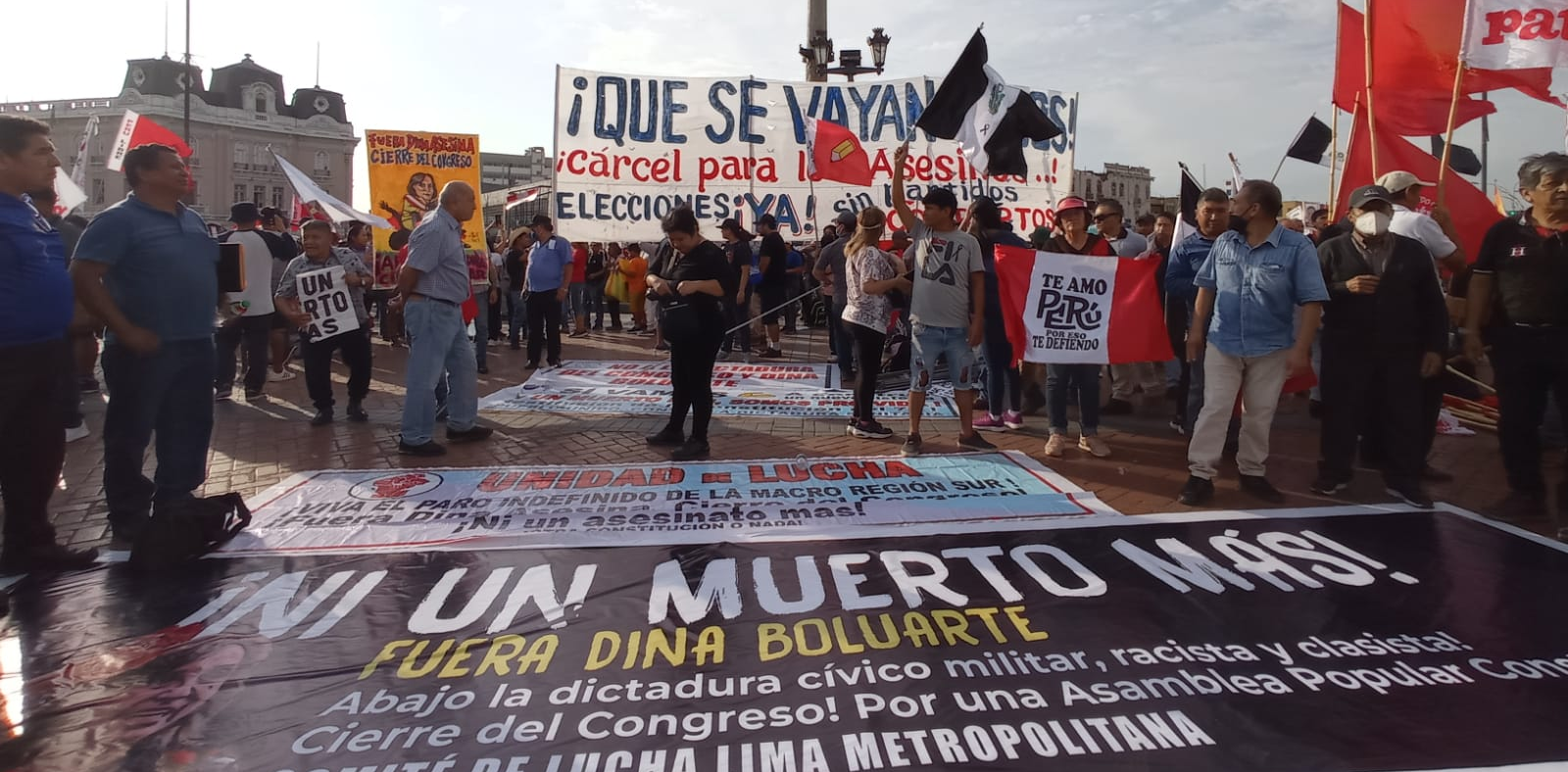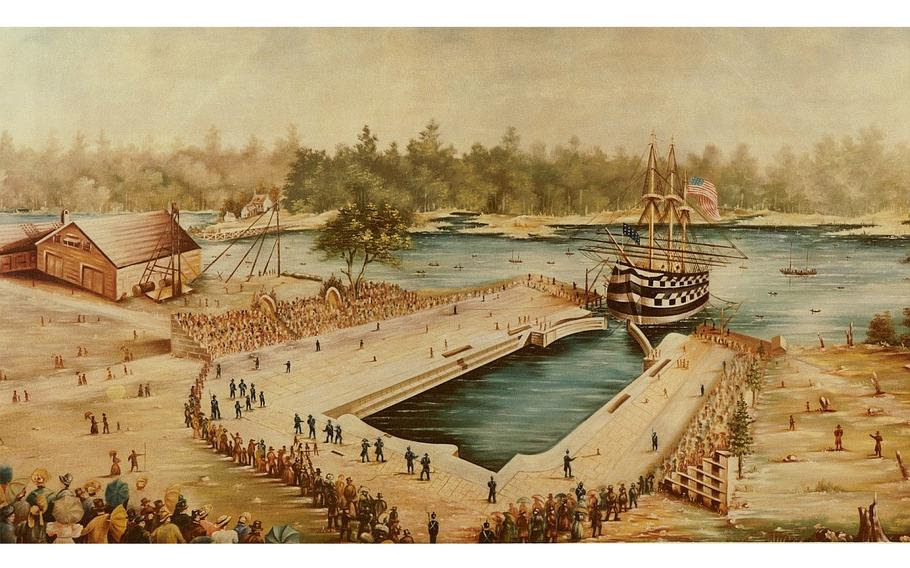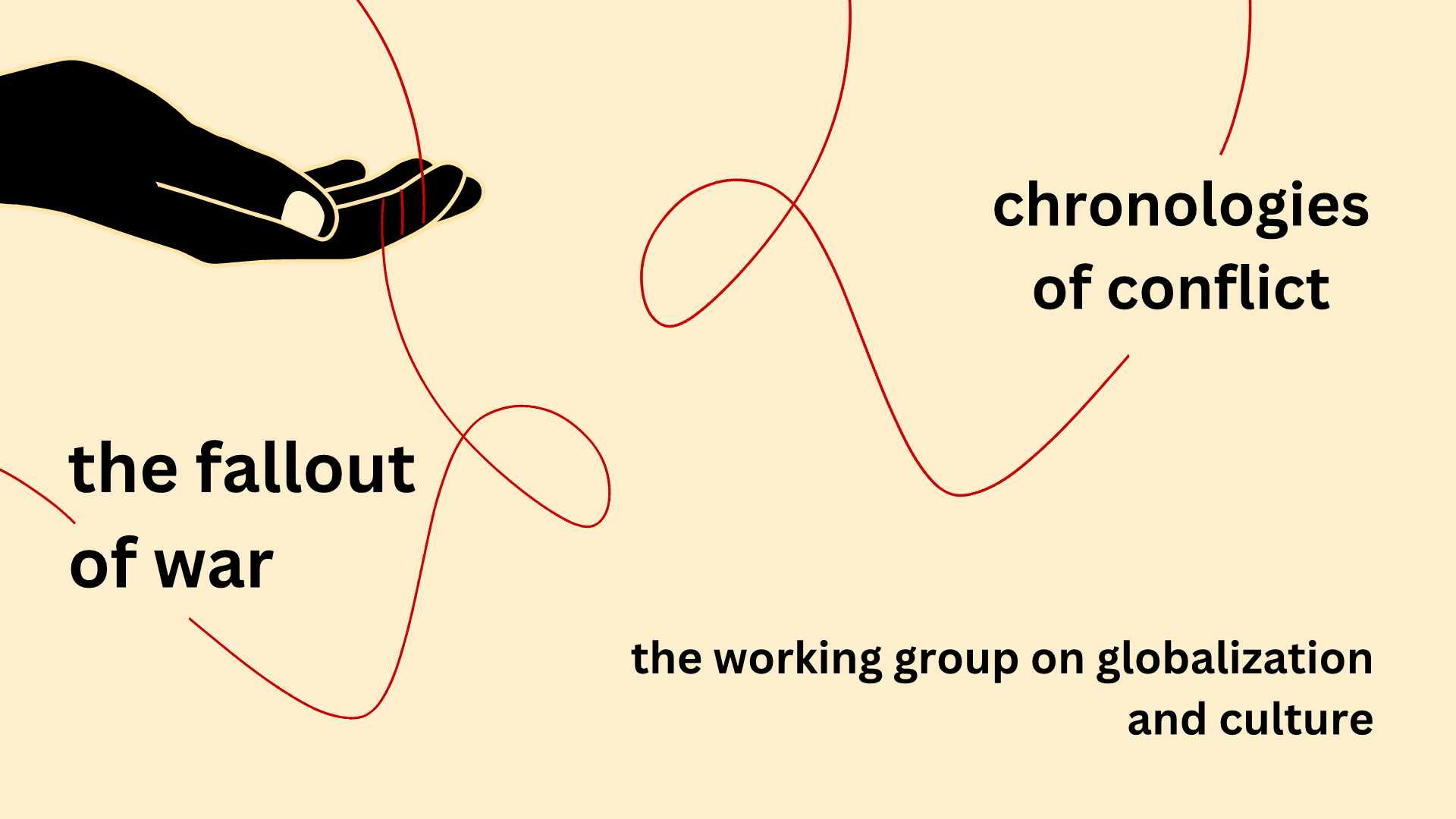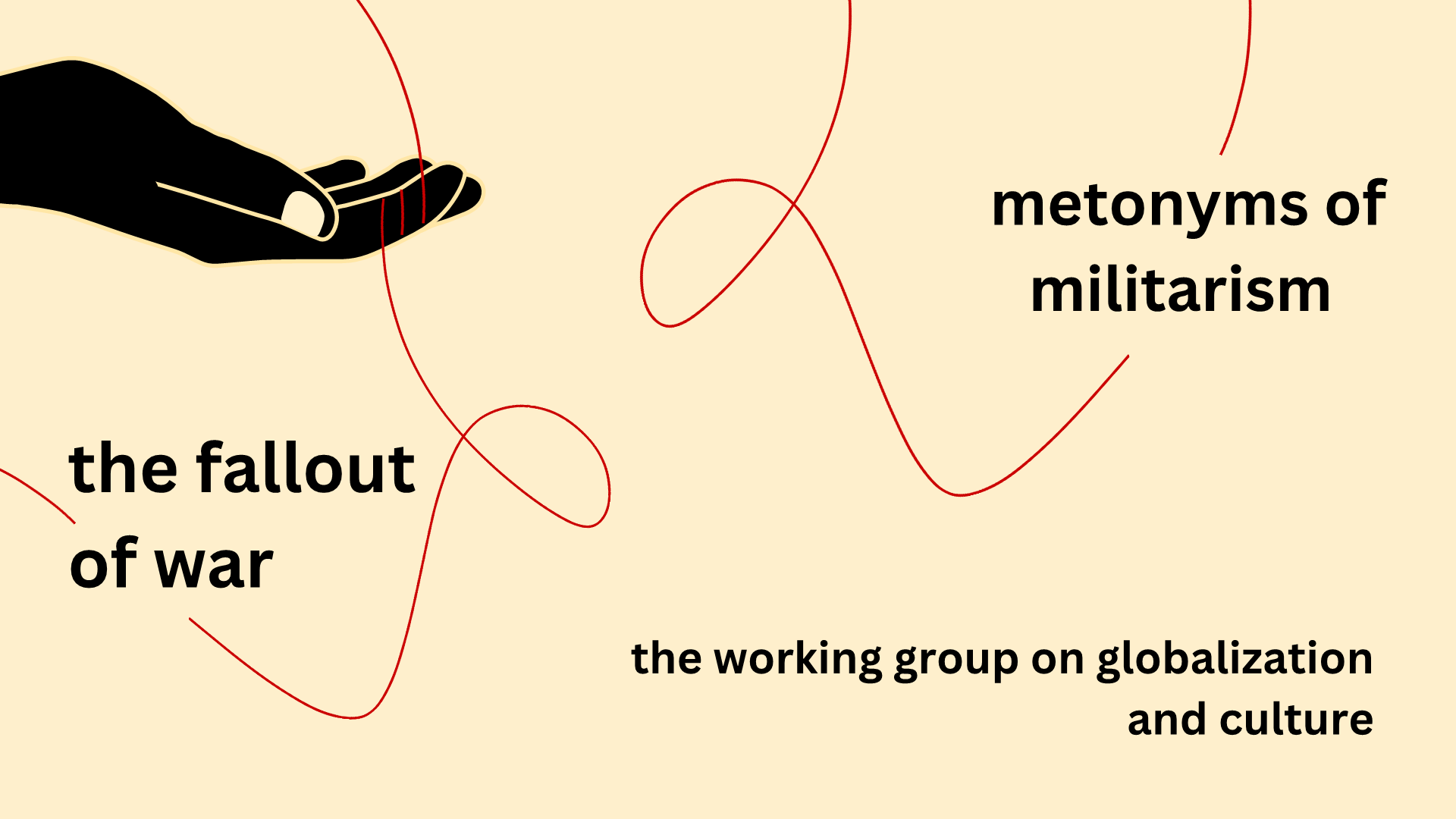Race and Class
A People’s History of Detroit
Online: Zoom link will be provided to registered participantsMark Jay and Philip Conklin outline the complex sociopolitical dynamics underlying major events in Detroit's past, from the rise of Fordism and the formation of labor unions, to deindustrialization and the city's recent bankruptcy. They demonstrate that Detroit's history is not a tale of two cities—one of wealth and development and another racked by poverty and racial violence; rather it is the story of a single Detroit that operates according to capitalism's mandates.
The Hard Right and the Political Parties of Capital
2nd in the Socialist Register 58 Series: Old Polarizations, New Contradictions: The Crisis of Centrism
BILL FLETCHER on Trump and the Danger of Right-wing Populism in the US
SAMIR GANDESHA on Identity Crisis: The Politics of False Concreteness
INGAR SOLTY on Market Polarization Means Political Polarization
The Invention of the White Race
In 1972, after over 30 years of activism in the labor and communist movements, Allen shared the following strategic insight with a new generation of revolutionaries: “The most vulnerable point at which a decisive blow can be struck against bourgeois rule in the United States is white supremacy. White supremacy is both the keystone (in the arch) and the Achilles heel of U.S. bourgeois democracy, the historic form of bourgeois rule in the US. It is a vulnerable point because it is a historically developed and unresolvable internal contradiction of US bourgeois democracy. It is the decisive vulnerable point because – as history has repeatedly proved – the basic class contradictions in bourgeois democracy can never fully mature until and unless the anti-proletarian nature of white supremacy has been completely established in the minds of the proletarian masses.”
Allen spent the next 20 years researching the primary sources and writing his magnum opus.
Socialist Register 2022: Polarization and Socialism: The Direction Forward
VISHWAS SATGUR on Epidemiological Neoliberalism in South Africa
JAMES SCHNEIDER and HILARY WAINWRIGHT on Finding a Way Forward: Lessons from the Corbyn Project
ADOLPH REED, JR. and TOURE REED on “Race” and Racial Justice under Neoliberalism
SAM GINDIN on American Workers and the Left after Trump: Polarized Options
Climate Justice and Socialist Strategy with Jason W. Moore
Recording available on YouTubeVideo available at https://youtu.be/2nZ9xgNn35A
Jason W. Moore addresses the missed opportunity for a program of planetary justice as the “Environmentalism of the Rich” came to the fore after 1968 and overshadowed Martin Luther King, Jr.’s appeal for radical action against capitalism’s “triple evils” of racism, militarism, and class exploitation. As King underscored in his final months, justice cannot be effectively pursued piece by piece. The “whole society” with and within the web of life must be reinvented, inasmuch as we are “all caught in an inescapable network of mutuality, tied into a single garment of destiny.”
Global Civil War: Capitalism Post-Pandemic
Video available: https://youtu.be/FlJYh3VDWNU
William I. Robinson's new book Global Civil War provides a big-picture account of how the coronavirus pandemic and new digital technologies have drastically transformed capitalism and the entire global economy and society. Analyzing the concentration of power and control in the hands of corporate conglomerates, tech giants, megabanks, and the military-industrial complex, the book documents the extent of unprecedented global inequalities as the mass of humanity faces violent dispossession and uncertain survival. The book issues a dire warning against the emergence of a dystopic digitalized dictatorship but also finds great hope and inspiration in the burgeoning social movements of the poor and the dispossessed as humanity descends into global civil war.
Invention of the White Race – Fall 2022
Online: Zoom link will be provided to registered participantsA reading and discussion group convened with Sean Ahern, on Theodore W. Allen's The Invention of the White Race. In 1972, after over 30 years of activism in the labor and communist movements, Allen shared the following strategic insight with a new generation of revolutionaries: “The most vulnerable point at which a decisive blow can be struck against bourgeois rule in the United States is white supremacy. White supremacy is both the keystone (in the arch) and the Achilles heel of U.S. bourgeois democracy, the historic form of bourgeois rule in the US. It is a vulnerable point because it is a historically developed and unresolvable internal contradiction of US bourgeois democracy. It is the decisive vulnerable point because – as history has repeatedly proved – the basic class contradictions in bourgeois democracy can never fully mature until and unless the anti-proletarian nature of white supremacy has been completely established in the minds of the proletarian masses.” Allen spent the next 20 years researching the primary sources and writing his magnum opus.
Cedric Robinson’s Black Marxism
This study group is reading and discussing Cedric Robinson's Black Marxism.
Peru: Crisis and Uprising
Recording available on YouTubeA deepgoing political crisis is shaking Peru, with massive protests by working people in the countryside and cities, fierce repression by the armed forces and police, and desperate efforts to restore order by a widely hated right-wing Congress. Peruvian left activist and sociologist Nicolás Lynch reports on and analyzes these dramatic events direct from Lima. Video available at https://youtu.be/Go_iAP7gTII
Towards a Revolution in Labor History
Online: Zoom link will be provided to registered participantsA reading of Theodore W. Allen's unpublished manuscript, "Towards a Revolution in Labor History," convened with Sean Ahern. According to Allen, "the original sin of 'white' labor historiography lies in the misbegotten concept that excludes the Black bond-laborers from the 'working class.'”
The Fallout of War: Chronologies of Conflict
Recording available on YouTubeIn the first of two linked sessions, the Yale Working Group on Globalization and Culture presents their collective research on a keyword of contemporary cultural studies - war - and investigates its many valences as lived reality and as metaphor. Taking account of war as constitutive of the present, the working group explores war's myriad meanings.
The Fallout of War: Metonyms of Militarism
Recording available on YouTubeVideo available at https://youtu.be/h0dYxI2zDoY
In the second of two linked sessions, the Yale Working Group on Globalization and Culture presents their collective research on a keyword of contemporary cultural studies - war - and investigates its many valences as lived reality and as metaphor. Taking account of war as constitutive of the present, the working group explores war's myriad meanings.
‘The Man Who Changed Colors’
Recording available on YouTubeVideo available at https://youtu.be/ABOczzUs8nQ
Bill Fletcher Jr's 'The Man Who Changed Colors' delves into the complicated relationships between Cape Verdean Americans and African Americans, Portuguese fascist gangs, and abusive shipyard working conditions. When a dockworker falls to his death under strange circumstances, investigative journalist David Gomes is on the case. His dogged pursuit of the truth puts his life in danger and upends the scrappy Cape Cod newspaper he works for.
Reading Du Bois’s Black Reconstruction
Online: Zoom link will be provided to registered participantsA close reading over 10 weeks of W.E.B. Du Bois's classic work, Black Reconstruction, with Sean Ahern. The book provides a basis for a much overdue revolution in US labor history. As Du Bois so eloquently and bluntly put in in 1935: “The South, after the war, presented the greatest opportunity for a real national labor movement which the nation ever saw or is likely to see again for many decades. Yet, the labor movement, with but few exceptions, never realized the situation. It never had the intelligence or knowledge, as a whole, to see in black slavery and Reconstruction, the kernel and meaning of the labor movement in the United States.”
Reading Du Bois’s Black Reconstruction
Online: Zoom link will be provided to registered participantsA close reading over 10 weeks of W.E.B. Du Bois's classic work, Black Reconstruction, with Sean Ahern. The book provides a basis for a much overdue revolution in US labor history. As Du Bois so eloquently and bluntly put in in 1935: “The South, after the war, presented the greatest opportunity for a real national labor movement which the nation ever saw or is likely to see again for many decades. Yet, the labor movement, with but few exceptions, never realized the situation. It never had the intelligence or knowledge, as a whole, to see in black slavery and Reconstruction, the kernel and meaning of the labor movement in the United States.”

